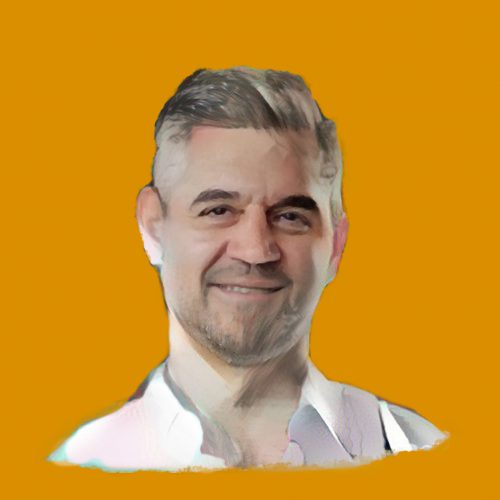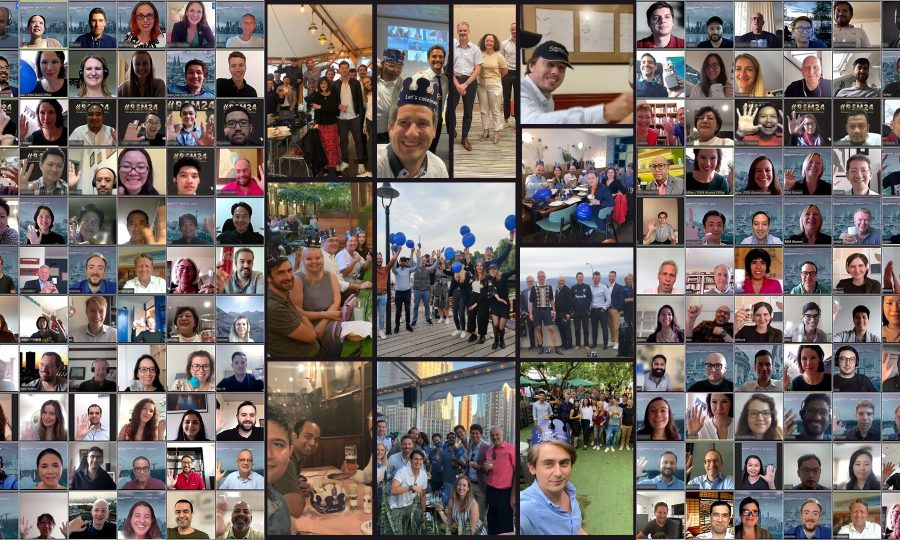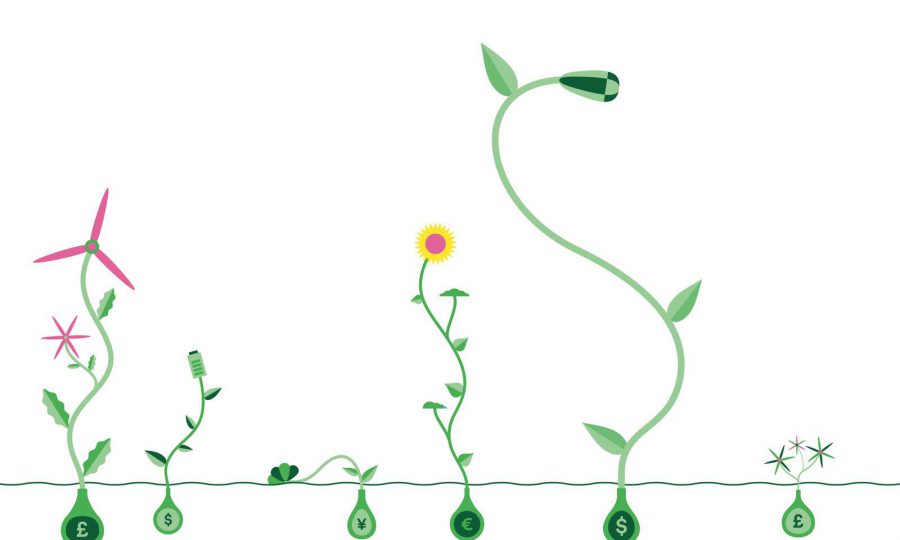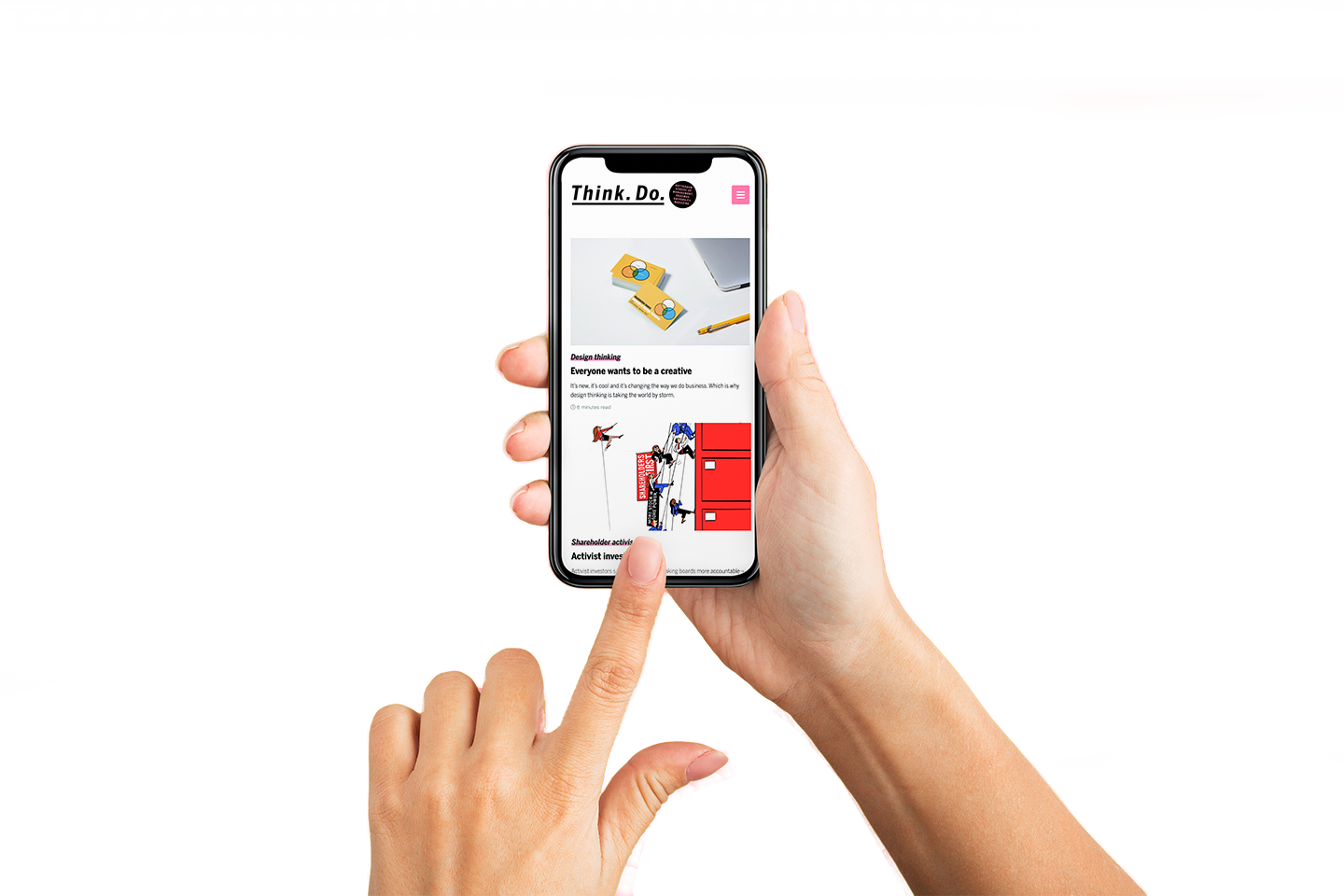Don’t believe the hype
The internet of things is an overhyped and – currently – under-delivering technology, argues Charles Reed Anderson (MBA, 1999).

The issue is not technical know-how, but imagination – the incredible connectivity offered by 5G offers so many possibilities, but mobile operators have no idea what to do with it.
I hate the phrase ‘Internet of Things’ (IoT). It’s one of those hyped buzzwords made up by marketing teams – alongside artificial intelligence, machine learning, digital twins and so on. It makes people believe the technology is complex and impenetrable. But what it’s really about is this: we’ve built a bunch of things, so why don’t we have them talk to each other a little bit more? It’s just a better way to share information.
IoT is already at work in multiple industries and sectors: clinicians use it to track their patients’ health, and combine it with AI to identify early stages of disease, or redirect resources within hospitals; manufacturers are connecting their machinery to enable predictive maintenance – you can know an item needs servicing before it breaks down; and companies such as Bosch have constructed their own private 5G networks – creating a connected, wireless factory that is smarter, more automated and more efficient.
And in farming, IoT is increasing yields and sustainability: in Africa and South East Asia, connectivity ensures plants have enough water and the correct levels of pesticide; in Australia, mussel and oyster farmers use connected devices to discover the best time to harvest; there are sensors that measure poisonous gas levels so farmed chickens don’t die; and when potatoes are shipped to Singapore, sensors track humidity and temperature within the container – automatically opening vents if it gets too damp or warm. It’s bringing a greater level of automation and control.
But even better connectivity – as offered by 5G – could take IoT to the next level and allow us to do amazing things. It could be truly transformative for people and businesses – but it’s still very early days. Connected devices, such as smartphones, wearables and tiny, embedded computers, deliver vast swathes of data. But IoT only works when people – all people – are involved, and we all understand it.
The second issue is not technical knowhow, but imagination – the incredible connectivity offered by 5G offers so many possibilities, but mobile operators have no idea what to do with it. They have no plan. Do we really need to download a whole film in three seconds when it still takes two hours to watch it? Is remote surgery really something we will want? We end up building up so much hype and confusing the market – but we lack a solid plan to deliver it.
There are also serious ethical questions that must eventually be addressed – who owns this data and what we can do with it? Globally this is muddled. Europe is governed by GDPR regulation, but in other parts of the world it’s like the wild west. There are a lot of people out there willing to buy and sell the data, and we don’t have any rules to say what is acceptable.
If we want to learn more, we must look at China. Because there are two markets in IoT – there’s China and then the rest of the world, and the scale of the Chinese market is now almost beyond belief. We’ve grown used to saying that the Chinese have copied Western technology – but now we can learn from them what works and what doesn’t. There are 500 smart cities in China alone. China has set up a five-year plan which aligns the technology market’s supply and demand. This is unique – no other country can do this at scale. It means they will always be racing ahead.
I do think we are going in the right direction and there are some really exciting companies leveraging the technology. And I believe the IoT will eventually deliver a lot more than we ever anticipated. But I think it’s been hyped beyond belief. We should be further ahead than we are right now, and it’s us – humans – holding back progress. We don’t know how to implement change.
Charles Reed Anderson, founder of Charles Reed Anderson & Associates and Senior Advisor at McKinsey & Company, is one of Asia’s leading technology industry innovators and thought leaders, and has presented at more than 250 industry events globally.



